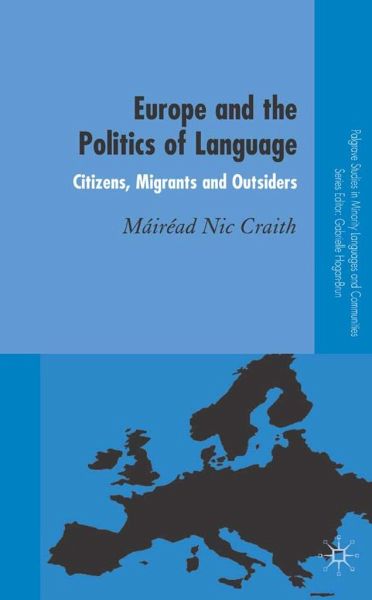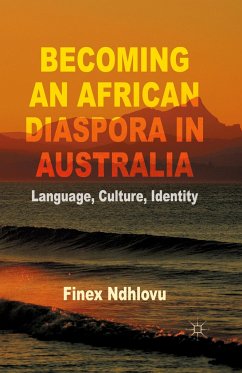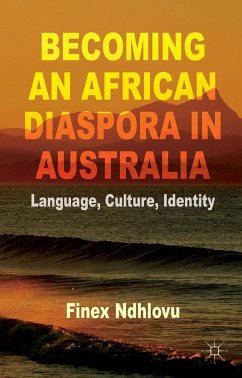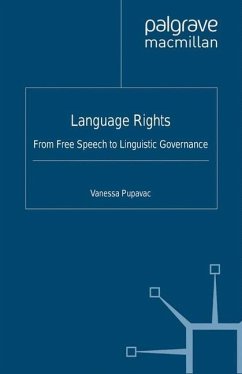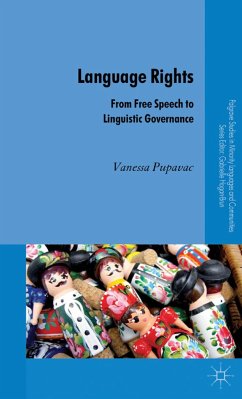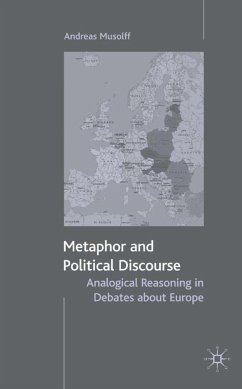'...an outstanding contribution to the field of language policy and planning...This is ahighly recommended bookfor graduate and upper-division undergraduate courses, written in a clear and very persuasive style that reflects Nic Craith's extensive knowledge of European realities and her long-term commitment to the idea of expanded human rights.' - Eva Yerendé, Language Policy
'...an up-to-date, well-researched and well-expressed volume...dealing at length with traditionally ignored matters - nomads, contested languages, cross-border situations...These are new, European issues, and the book is excellent at identifying them.' - Journal of Multilingual and Multicultural Development
'It shows how the study of language planning
can offer a deeper understanding of social disparities in a broader sense and how a more intensive commitment to this field of research could make an important contribution to a more equitable and democratic Europe.' - Journal of Sociolinguistics
'Mairead Nic Craith takes readers on a vicarious European tour, one which includes an array of cultures and a cacophony of languages and is illuminating to the sociolinguistic issues that are found within the European Union.' - Education Review
'This is an ambitious book...Its focus is on Europe but its potential influenceand contribution go much wider, as the politics of language is present everywhere.' - International Journal of Applied Linguistics
'I wouldrecommend the book as an addition to a syllabus for an advanced undergraduate or graduate-level class on
European studies or language policy... it would serve as a basis for engaging students in a discussion and critique of current laws, practices and ideological positions on languages and language politics in Europe.' - Bridget Goodman, Current Issues in Language Planning
Mairead Nic Craith deals with the diverse issues involved in a distinctive and up-to-date manner. Thus, she examines the complex polititcs of language at various political-geographical scales... [her] academically authoritative but readable book provides a wide range of insights into why many people continue to feel a deep attachment to their native and/or national tongues... this authoritative book can be usefully read with interest and ease by the serious academic, the undergraduate student and any literate lay reader interested in how a whole range of languiage issues continue to influence politics in contemporary Europe and will continue to do so.' Mark Wise, Ethnopolitics
